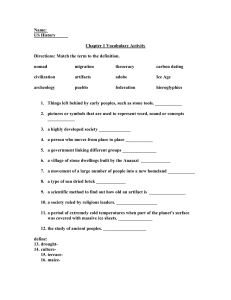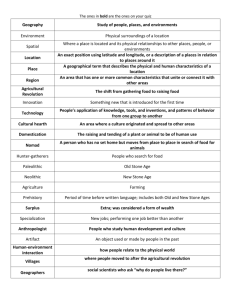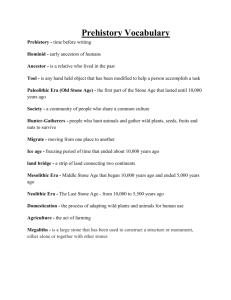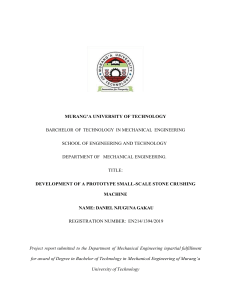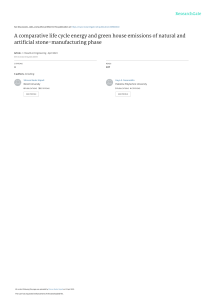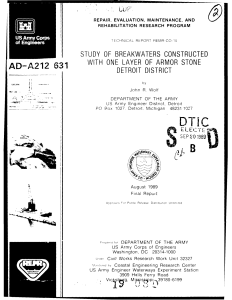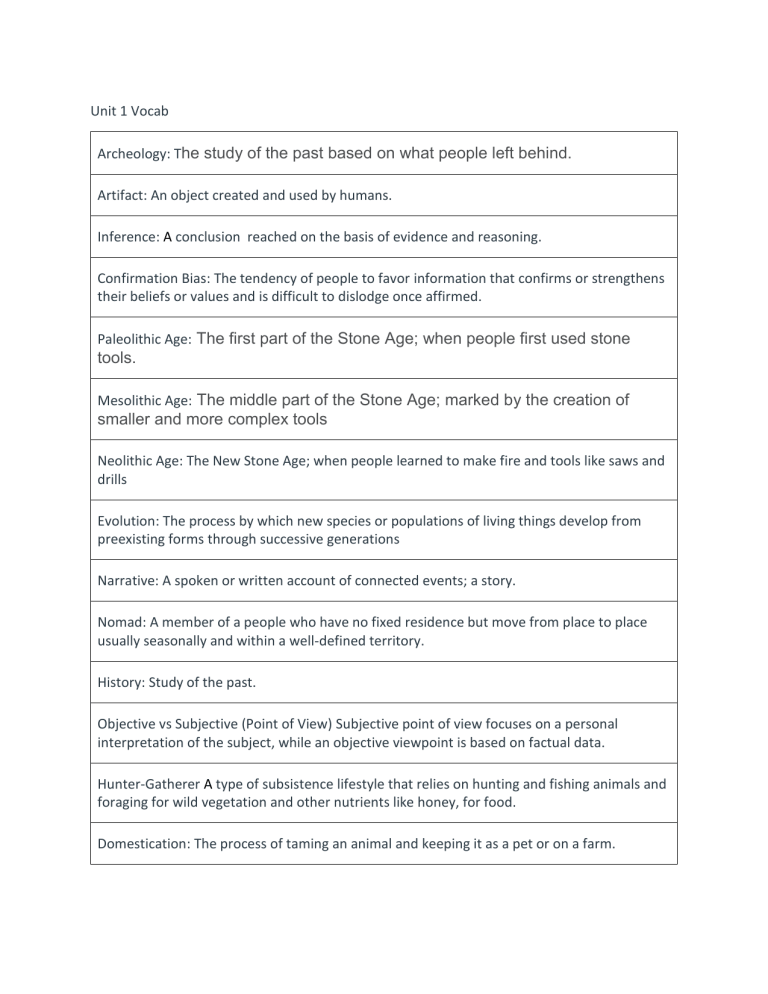
Unit 1 Vocab Archeology: The study of the past based on what people left behind. Artifact: An object created and used by humans. Inference: A conclusion reached on the basis of evidence and reasoning. Confirmation Bias: The tendency of people to favor information that confirms or strengthens their beliefs or values and is difficult to dislodge once affirmed. Paleolithic Age: The first part of the Stone Age; when people first used stone tools. Mesolithic Age: The middle part of the Stone Age; marked by the creation of smaller and more complex tools Neolithic Age: The New Stone Age; when people learned to make fire and tools like saws and drills Evolution: The process by which new species or populations of living things develop from preexisting forms through successive generations Narrative: A spoken or written account of connected events; a story. Nomad: A member of a people who have no fixed residence but move from place to place usually seasonally and within a well-defined territory. History: Study of the past. Objective vs Subjective (Point of View) Subjective point of view focuses on a personal interpretation of the subject, while an objective viewpoint is based on factual data. Hunter-Gatherer A type of subsistence lifestyle that relies on hunting and fishing animals and foraging for wild vegetation and other nutrients like honey, for food. Domestication: The process of taming an animal and keeping it as a pet or on a farm. Prehistory: The period before written records. Point of View: Perspective is the 'point of view' from which the creator of a source described historical events. Pastoralism: is a form of animal husbandry where domesticated animals (known as "livestock") are released onto large vegetated outdoor lands (pastures) for grazing, historically by nomadic people who moved around with their herds. Hominid: The group consisting of all modern and extinct Great Apes (that is, modern humans, chimpanzees, gorillas and orang-outans plus all their immediate ancestors). Homo Sapiens: Humans from “ape” form to human form like how we are today Culture: The customs, arts, social institutions, and achievements of a particular nation, people, or other social group.

